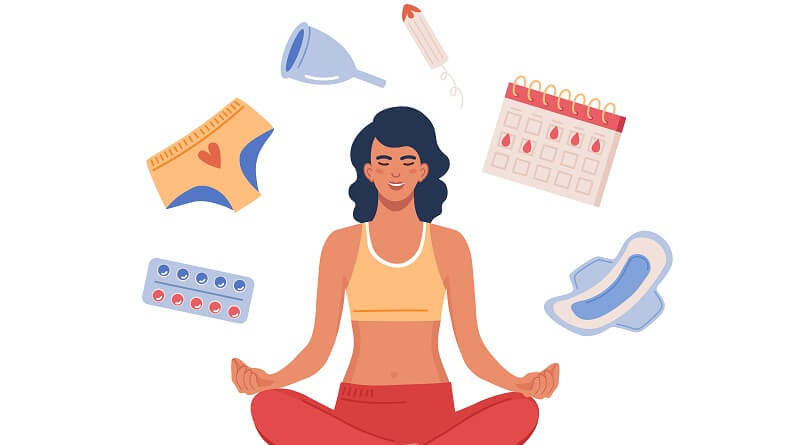Premenstrual Syndrome (PMS): Understanding the Symptoms and Finding Relief
Are you tired of feeling bloated, irritable, and emotional in the days leading up to your period? You’re not alone. Premenstrual syndrome (PMS) affects millions of women worldwide, causing a range of physical and emotional symptoms that can disrupt daily life.
What is PMS?
The mind is often misunderstood as being the same as the brain. However, the mind refers to our mental states, including emotions, thoughts, attitudes, beliefs, and images. The brain is the hardware that enables us to experience these mental states.
Common Symptoms of PMS
Physical symptoms:
– Bloating and weight gain
– Acne and pimples
– Breast tenderness
– Joint or muscle pain
– Fatigue
– Headaches
Emotional symptoms:
– Mood swings
– Irritability
– Anxiety and stress
– Depression
– Increased sensitivity to light and sound
Severe Symptoms of PMS
In some cases, PMS symptoms can be severe enough to interfere with daily life. These symptoms may include:
– Decreased ability to focus
– Memory problems
– Confusion
– Hallucinations
– Delusions
– Mania or depression
What Causes PMS?
The exact cause of PMS is still not fully understood, but it’s thought to be related to the hormonal changes that occur during the menstrual cycle. Specifically, the drop in progesterone levels after ovulation can lead to changes in mood and behavior.
Diagnosing PMS
Diagnosing PMS typically requires keeping a daily symptom journal over two menstrual cycles. This helps healthcare providers identify patterns and severity of symptoms.
Lifestyle Changes for Managing PMS
While there’s no cure for PMS, there are several lifestyle changes that can help manage symptoms::
– Regular aerobic exercise
– Healthy eating habits
– Regular sleep habits
– Stress management techniques (e.g., yoga, meditation, massage)
– Avoiding smoking and alcohol
Supplements for PMS Relief
Certain supplements may also help alleviate PMS symptoms:
– Calcium
– Vitamin B6
– Magnesium
– Omega-3 and omega-6 fatty acids
References:
https://en.wikipedia.org/wiki/Premenstrual_syndrome
https://www.womenshealth.gov/menstrual-cycle/premenstrual-syndrome
https://www.webmd.com/women/pms/what-is-pms#1

